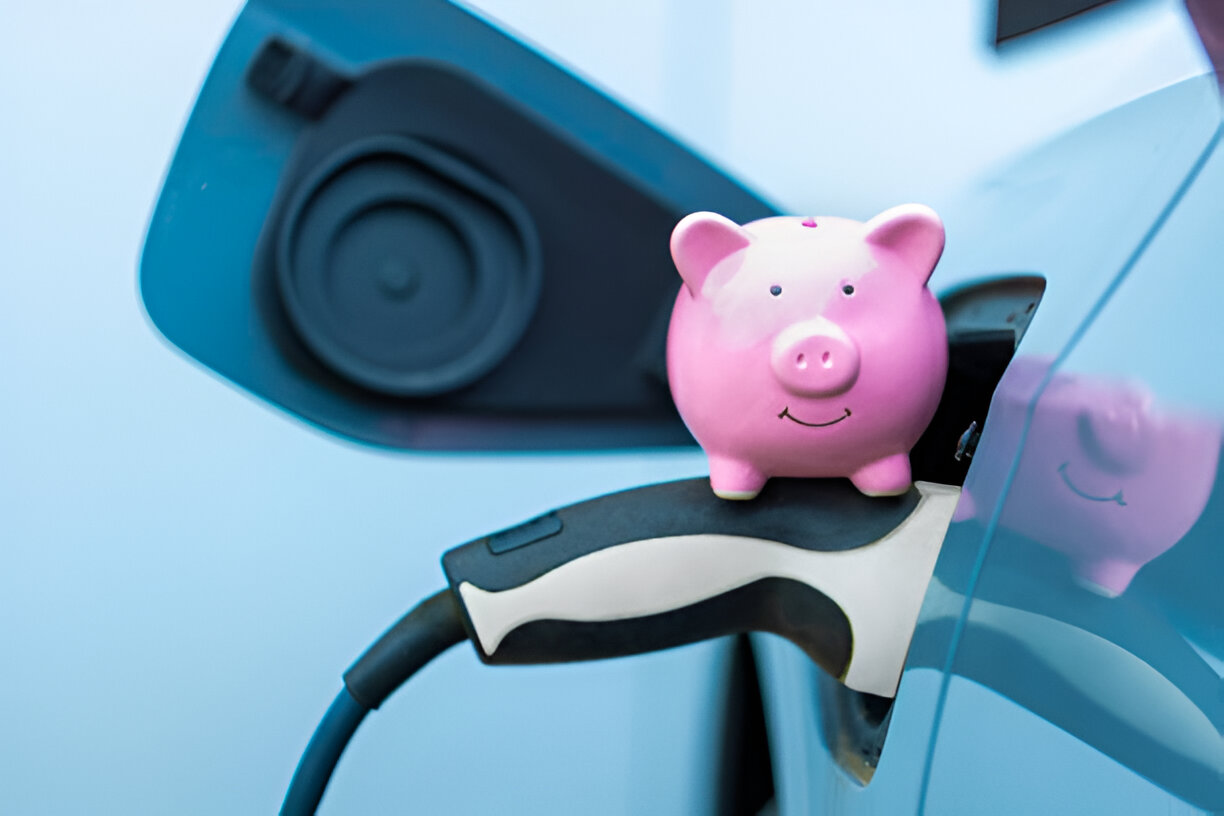

How to Save Money When Buying an Electric Car
How to Save Money When Buying an Electric Car
As the popularity of electric vehicles (EVs) continues to rise, many consumers are considering making the switch from conventional gasoline-powered cars. While the environmental benefits are a significant draw, the upfront cost of an electric car can be a concern for some buyers. However, with a strategic approach, you can save money when purchasing an electric vehicle. Here are some tips to help you maximize your savings:
- Research and Compare Models
Start by researching different electric car models available in the market. Compare their features, range, and prices. Consider both new and used options. Websites like Edmunds, Kelley Blue Book, and Consumer Reports can provide valuable insights into various models, helping you find one that fits your needs and budget - Take Advantage of Incentives
Many governments offer incentives for purchasing electric vehicles. These can include tax credits, rebates, or grants. In the United States, for example, the federal government offers a tax credit of up to $7,500 for certain electric vehicles. Check with your local government for available incentives, as they can significantly reduce the overall cost. - Consider Leasing
Leasing can be a cost-effective option for those who prefer driving a new car every few years. Leasing an electric vehicle often comes with lower monthly payments compared to purchasing. Additionally, you might have access to newer models with better technology and range improvements without the long-term commitment. - Look for Dealer Discounts and Promotions
Keep an eye out for dealer discounts and promotions. Manufacturers and dealerships may offer special deals on electric cars, especially at the end of the month or year when they are trying to meet sales targets. These discounts can sometimes be combined with government incentives for even greater savings. - Factor in Long-Term Savings
While the initial cost of an electric car might be higher than a traditional vehicle, consider the long-term savings. Electric cars typically have lower maintenance costs since they have fewer moving parts. Additionally, electricity is generally cheaper than gasoline, and some utility companies offer reduced rates for EV charging. - Explore Financing Options
Shop around for the best financing options before making a purchase. Some banks and credit unions offer special rates for electric vehicles. Securing a low-interest loan can make a significant difference in the total cost of the car over time. - Evaluate Your Charging Needs
Consider your charging needs and the costs associated with installing a home charging station. Some manufacturers offer free home charger installation as part of the purchase. Additionally, public charging stations are becoming more widespread, often providing affordable or free charging options. - Check for Additional Perks
Some electric vehicle manufacturers offer additional perks, such as free access to charging networks or complimentary maintenance packages. These can add value to your purchase and reduce ongoing expenses.
By following these tips, you can make a smart financial decision when buying an electric car. Not only will you enjoy the benefits of reduced emissions and a quieter ride, but you’ll also feel good knowing you’ve made a cost-effective choice. Happy driving!
Add a comment Cancel reply
Comments (1)
How Government Incentives Can Help You Save on Your Next EV - BCEVS
[…] vehicles (EVs) have become an attractive option for environmentally conscious consumers. However, the initial cost of purchasing an EV can be a significant barrier for many. Fortunately, governments worldwide have introduced a variety of Government incentives to make EVs […]
Categories
- Car News (10)
- Car Reviews (7)
- Educational Tips (7)
- Electric Cars (9)
- EV Battery (1)
- EV Charging (8)
- EV Testing (3)
- Uncategorized (28)
Recent Posts
Related posts


How to Choose the Right Electric Vehicle for Your Lifestyle

Can EVs Really Save the Environment? Let’s Find Out









